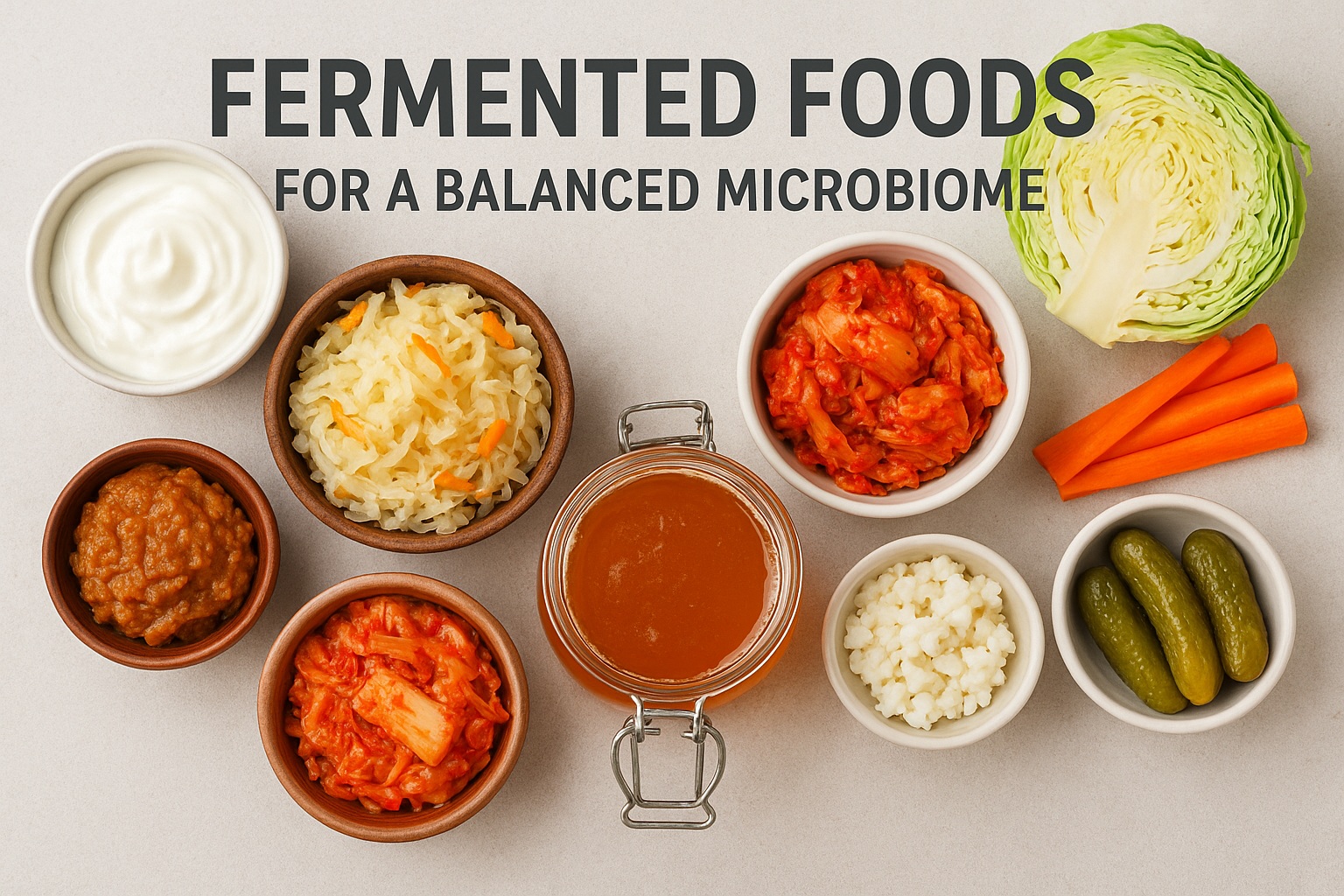In recent years, scientists and health experts have begun to uncover the fascinating connection between the mind and the gut. While nutrition and exercise play obvious roles in digestive wellness, practices like mindfulness and meditation are now recognized as powerful tools for maintaining a healthy gut.
The gut and the brain are linked through a two-way communication system known as the gut-brain axis. Stress, anxiety, and negative emotions can disrupt digestion, while mindful practices calm the nervous system, promote balance in the gut microbiome, and support overall wellness.
This article explores the science behind mindfulness, the impact of meditation on digestive health, and practical stress-relief techniques you can use daily to heal your gut naturally.
The Gut-Brain Connection
The gut is often referred to as the body’s “second brain.” This is because it contains millions of neurons and communicates with the central nervous system through the vagus nerve.
When you feel stressed, your body releases cortisol and adrenaline, which can:
- Slow digestion
- Increase gut inflammation
- Trigger symptoms like bloating, constipation, or diarrhea
- Disrupt the balance of beneficial gut bacteria
On the other hand, when you’re calm, your parasympathetic nervous system (the “rest and digest” mode) takes over. This allows the gut to function optimally, improving nutrient absorption and promoting microbial balance.
This is where mindfulness and meditation come in—helping reduce stress and restore balance.
What is Mindfulness?
Mindfulness is the practice of being fully present in the moment without judgment. It means paying attention to your thoughts, feelings, and bodily sensations with awareness and acceptance.
When applied to digestion, mindfulness helps you:
- Recognize hunger and fullness cues
- Eat more slowly and enjoy food
- Reduce overeating and bloating
- Lower stress levels that disrupt gut health
Mindful eating and breathing practices have been shown to significantly improve conditions such as irritable bowel syndrome (IBS) and acid reflux.
Meditation and Digestive Wellness
Meditation is a structured practice that trains the mind to focus, relax, and cultivate inner peace. Scientific research shows that meditation benefits gut health in several ways:
- Reduces Stress Hormones
Meditation lowers cortisol, reducing inflammation and gut discomfort. - Balances the Gut Microbiome
Stress weakens beneficial bacteria, but meditation helps maintain microbial balance by calming the nervous system. - Improves Gut Motility
A relaxed nervous system supports healthy movement of food through the digestive tract. - Supports the Gut-Brain Axis
Meditation strengthens communication between the brain and gut, improving both emotional and digestive resilience.
Mindfulness and Meditation Practices for Gut Health
Here are some practical techniques you can start using today:
1. Mindful Eating Practice
- Sit down without distractions (no phone or TV).
- Take three deep breaths before your first bite.
- Chew slowly and notice flavors, textures, and sensations.
- Pause halfway through to check if you are still hungry.
This simple practice improves digestion and helps prevent overeating.
2. Breathing Meditation for Digestion
Technique: Diaphragmatic Breathing
- Sit or lie comfortably.
- Place one hand on your stomach.
- Inhale deeply through your nose, feeling your belly rise.
- Exhale slowly through your mouth, letting the belly fall.
- Repeat for 5–10 minutes.
This technique reduces stress and activates the parasympathetic nervous system, supporting digestion.
3. Body Scan Meditation
A guided practice that helps release tension stored in the body, including the gut area.
- Lie down in a quiet space.
- Close your eyes and bring awareness to your breath.
- Mentally scan from head to toe, noticing sensations without judgment.
- Relax each area as you move through the body.
This practice is particularly helpful for people with IBS or chronic bloating.
4. Mindful Walking
Walking after meals aids digestion. Combine it with mindfulness by:
- Focusing on each step and the rhythm of your breath.
- Observing your surroundings without distraction.
- Allowing your mind to slow down while your body moves gently.
5. Loving-Kindness Meditation
Stress often stems from self-criticism and negative emotions. This meditation promotes compassion and emotional balance.
- Sit comfortably and close your eyes.
- Repeat silently: “May I be healthy. May I be calm. May I be at ease.”
- Extend these wishes to others.
This reduces emotional stress, which positively affects the gut-brain axis.
Scientific Evidence Supporting Mindfulness for Gut Health
- Harvard Medical School (2015): Found that mindfulness-based stress reduction (MBSR) significantly reduced symptoms of irritable bowel syndrome (IBS).
- Journal of Behavioral Medicine (2018): Showed meditation lowered stress-related gut inflammation.
- Frontiers in Psychiatry (2020): Reported that mindfulness improved gut-brain axis communication and reduced anxiety-related digestive symptoms.
- American Journal of Gastroenterology (2021): Found that mindful eating reduced overeating and improved digestion in participants with reflux.
A 5-Minute Daily Gut Healing Routine
For beginners, here’s a simple daily plan:
- Morning (2 minutes): Practice diaphragmatic breathing after waking.
- Lunch (1 minute): Take three deep breaths before eating and chew mindfully.
- Afternoon (1 minute): Pause for a body scan to release tension.
- Evening (1 minute): Practice gratitude or loving-kindness meditation before bed.
This small routine helps reduce stress throughout the day and supports consistent digestive wellness.
Combining Mindfulness with a Gut-Healthy Lifestyle
While mindfulness is powerful on its own, pairing it with other gut-friendly habits creates the best results:
- Eat a balanced diet rich in probiotics and prebiotics.
- Stay active with moderate exercise like yoga or walking.
- Get enough quality sleep to support microbiome balance.
- Limit processed foods, excess caffeine, and alcohol.
Together, these practices create a holistic approach to digestive wellness.
Conclusion
The mind and the gut are deeply interconnected. Stress and negative emotions can wreak havoc on digestion, but mindfulness and meditation provide natural, science-backed tools to restore balance.
By practicing mindful eating, breathing, and meditation techniques, you can calm the nervous system, reduce gut inflammation, and improve overall digestive wellness.
Even a few minutes a day can make a meaningful difference in how your gut—and your entire body—feels.





I’ve always known stress affected my digestion, but I never realized how deeply connected the gut and brain actually are. The explanation of the gut-brain axis was so clear and eye-opening. I’m definitely going to try adding mindfulness and short meditation sessions into my daily routine — it’s amazing how something so simple can have such a big impact on overall health. Great article!